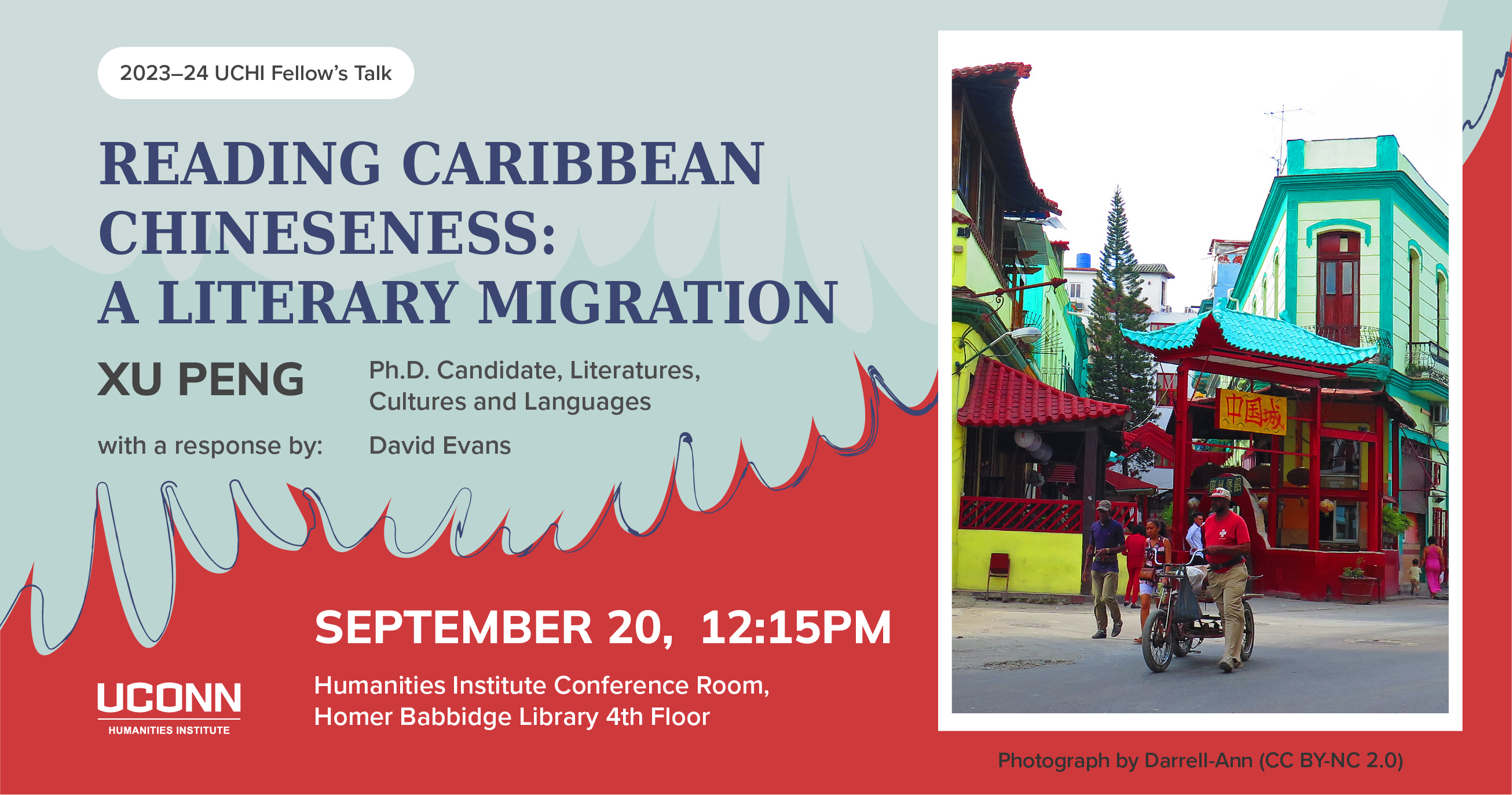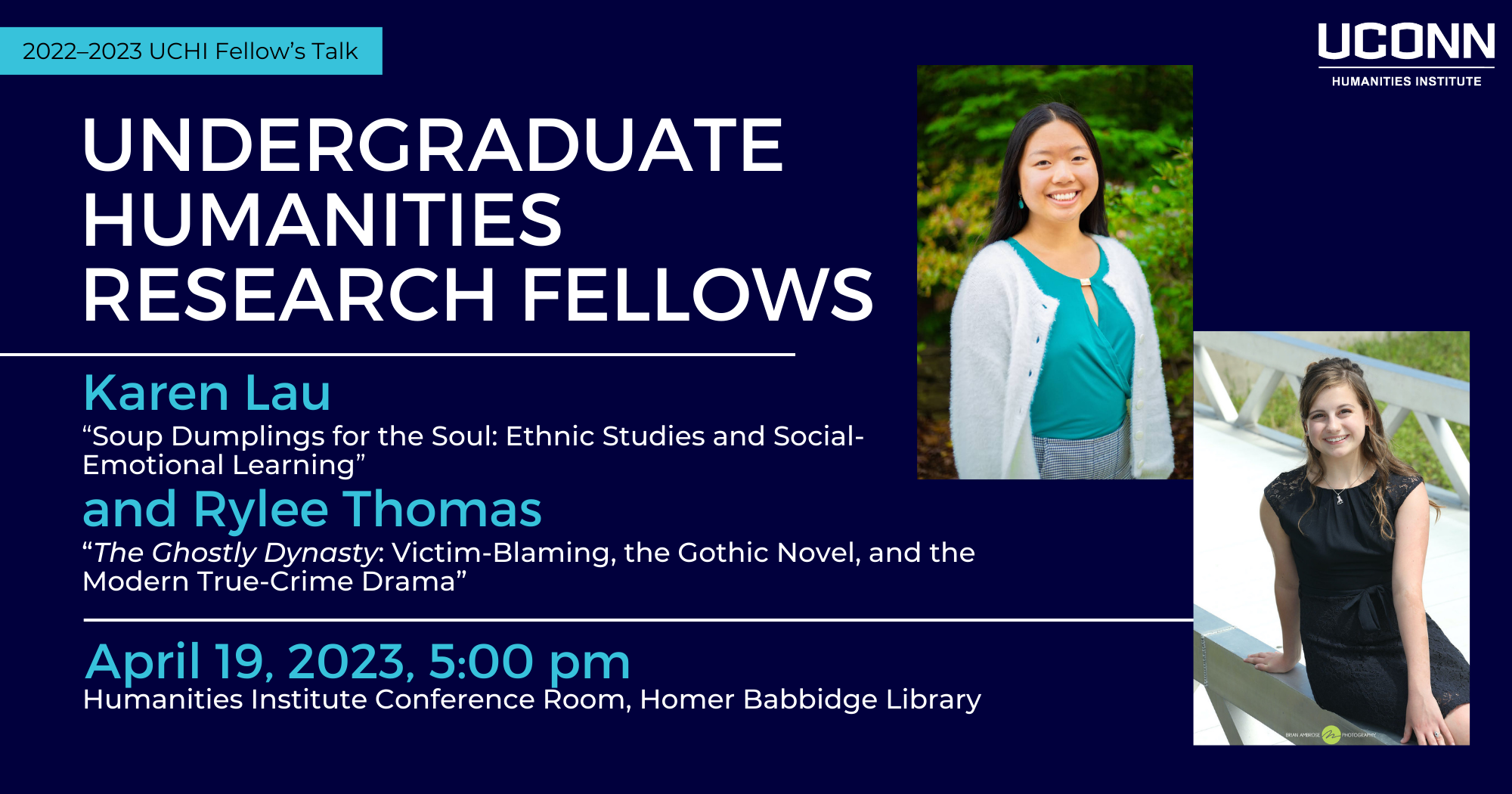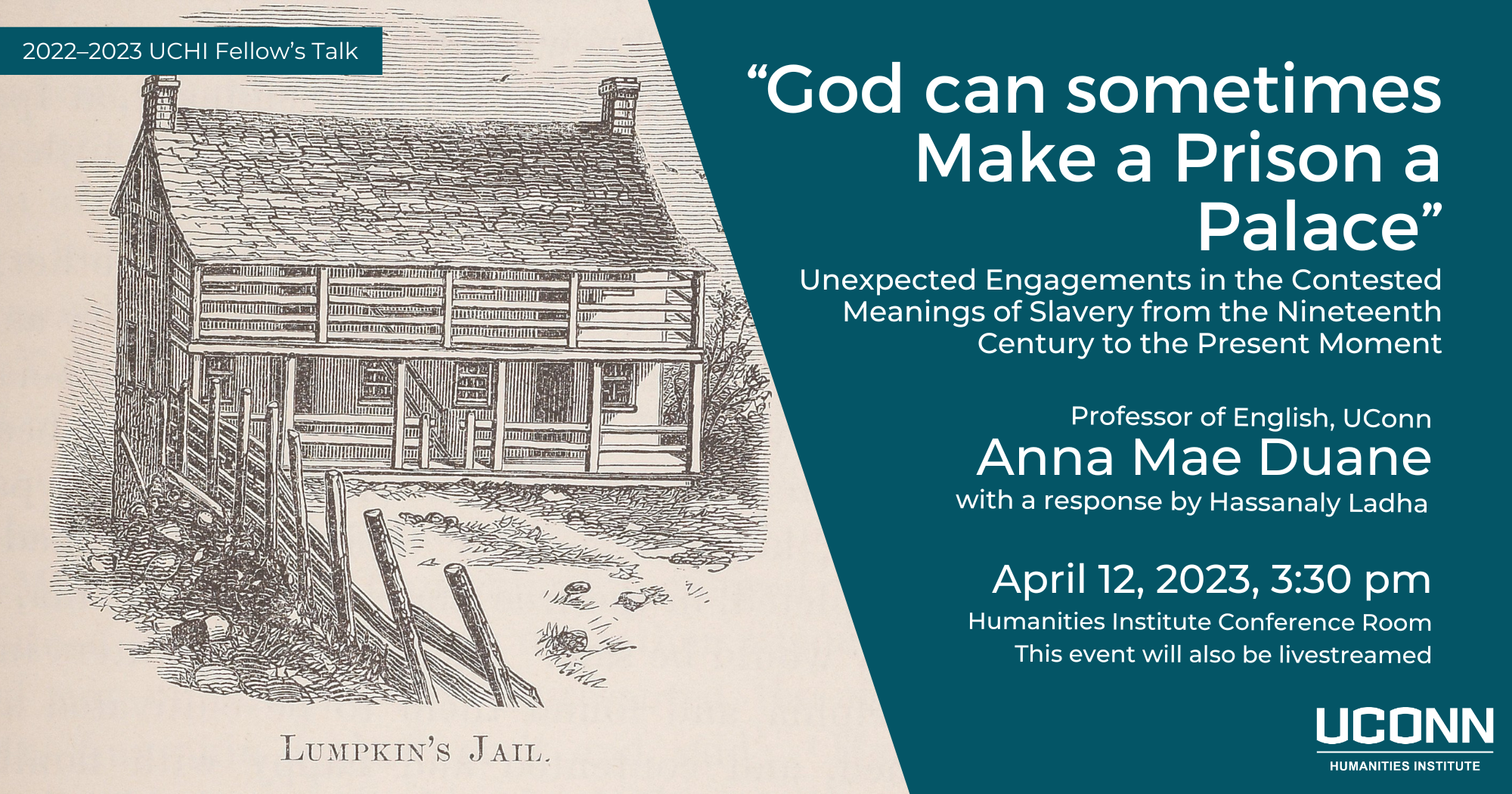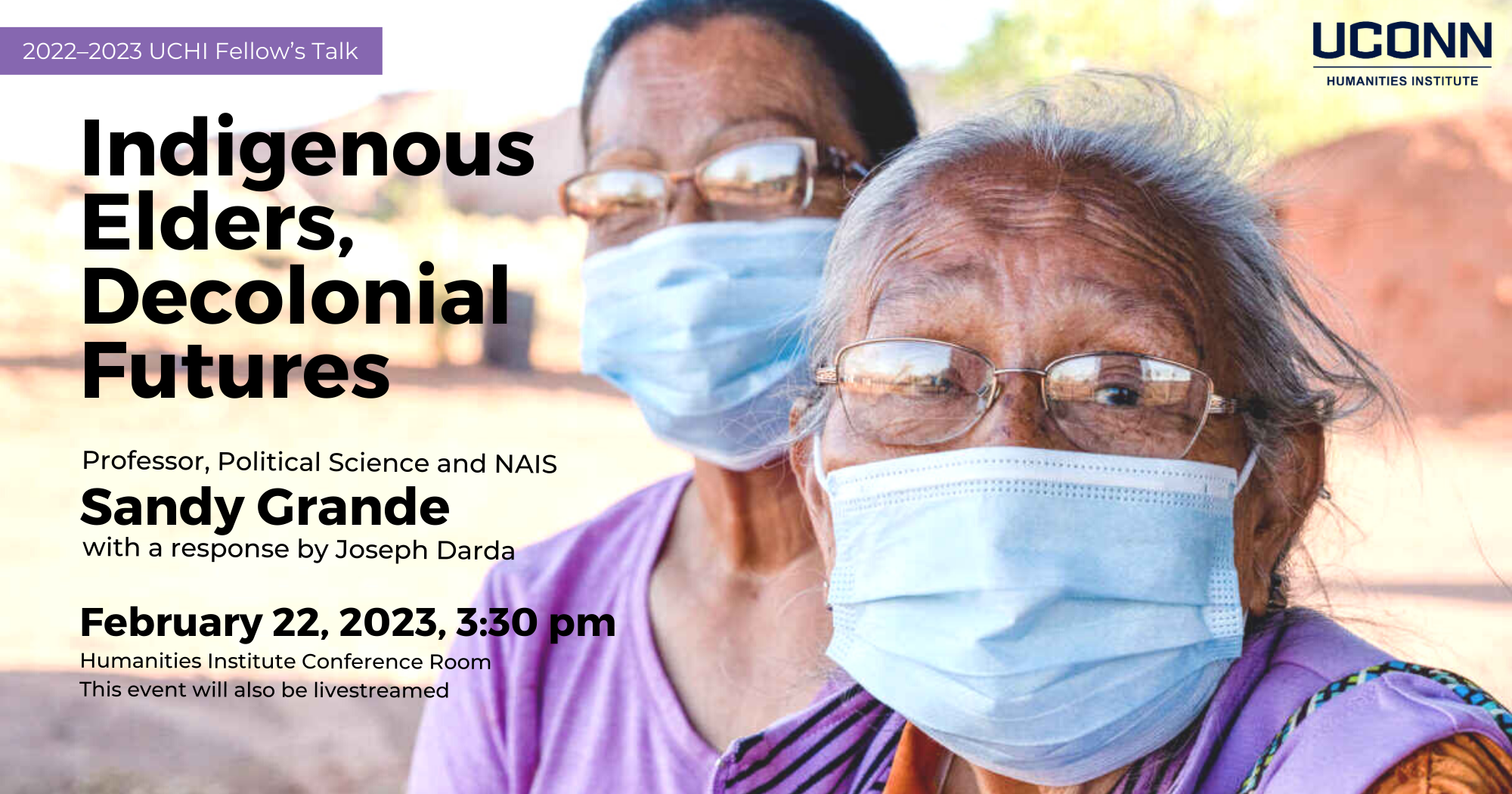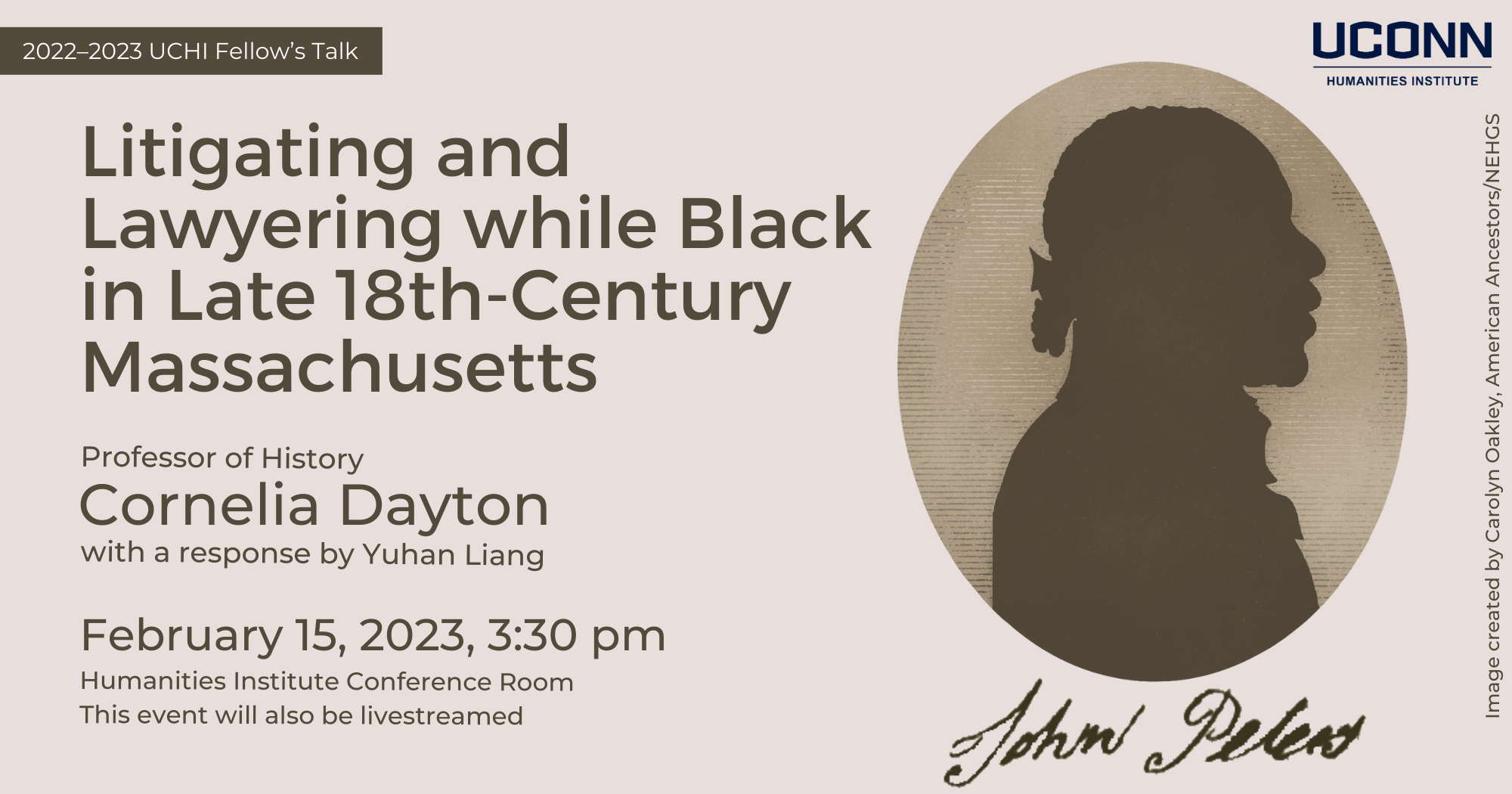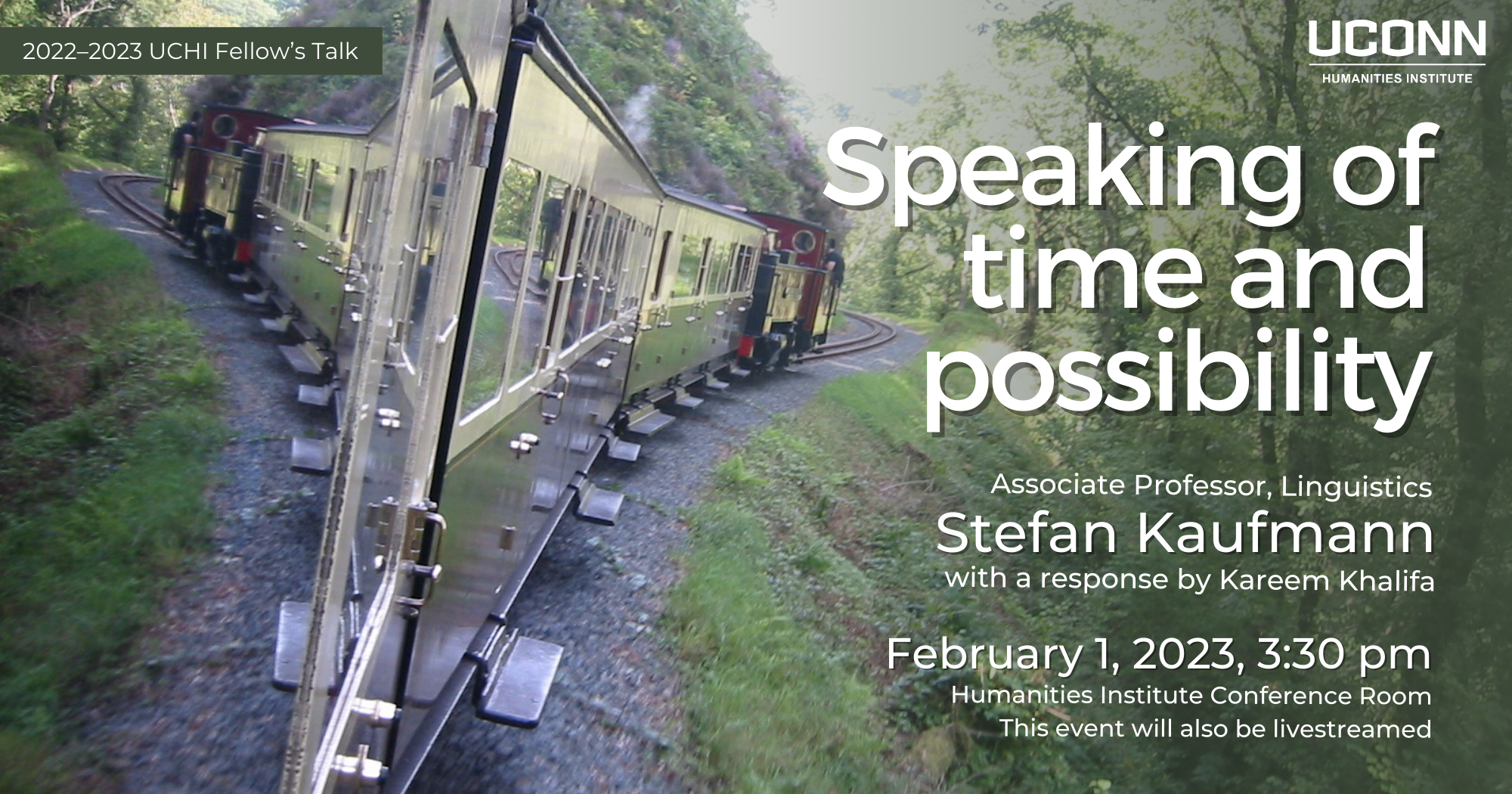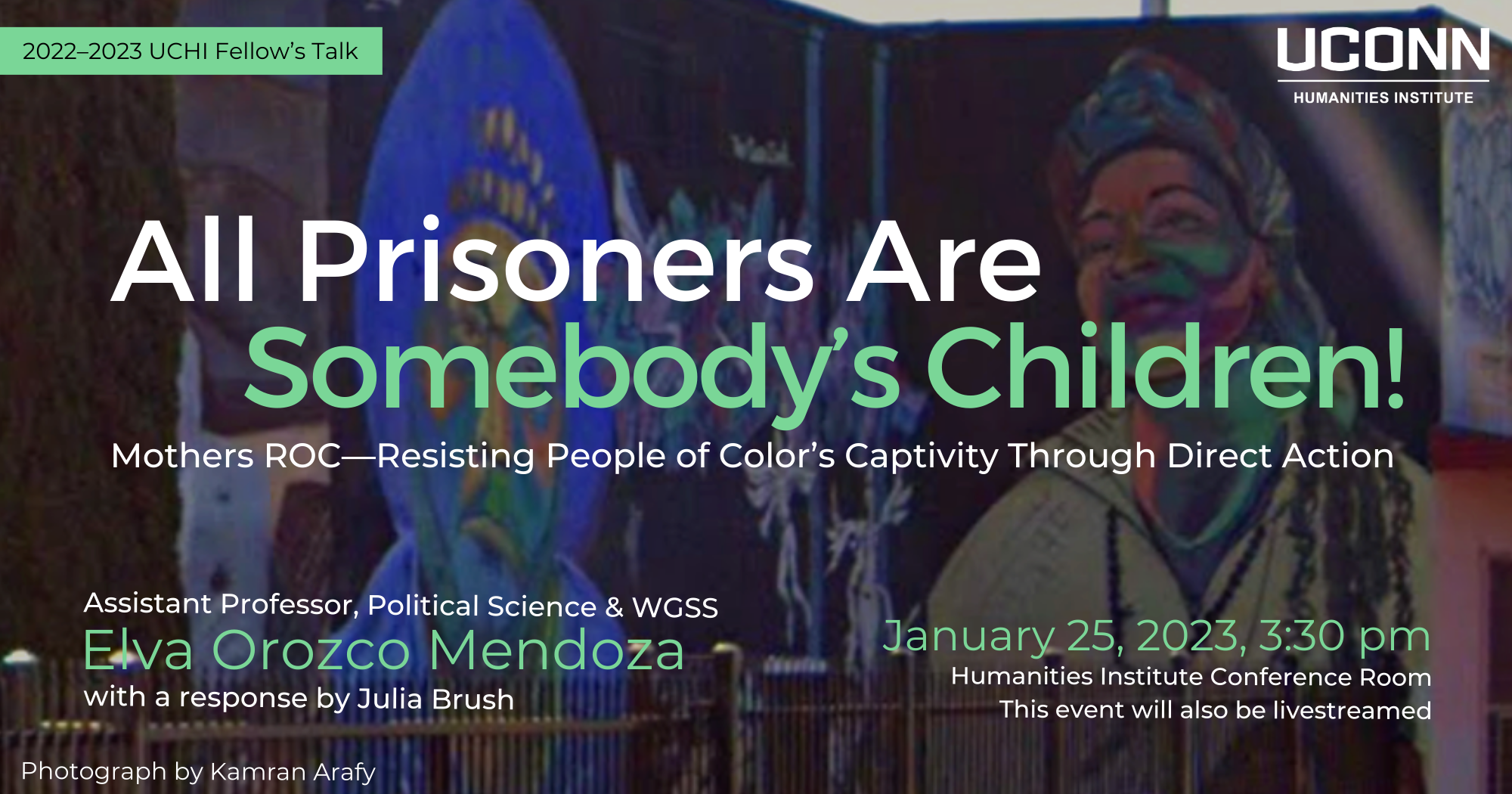Reading Caribbean Chineseness: A Literary Migration
Xu Peng (LCL, UConn)
with a response by David Evans (History, UConn)
Wednesday, September 20, 2023, 12:15pm, Humanities Institute Conference Room (HBL 4-209)
The event will also be livestreamed with automated captioning.
Since the first wave of indentured Chinese laborers arrived in the Caribbean in the mid- nineteenth century amid the abolition of slavery, Chinese migrants have appeared repeatedly in Caribbean histories and literatures. While historians of the Caribbean have unearthed the Chinese presence from government decrees, census records, local newspapers and magazines, nuanced articulations of Chineseness have also been rehearsed yet remained understudied in Caribbean literature and culture. Drawing on fictional and artistic representations of Sino-Caribbean experiences, this talk proposes a framework that Peng terms “literary migration” to study Caribbean Chineseness. Attentive to the fact that the Chinese not just physically crossed national borders in the past, they have also metaphorically “migrated” into contemporary Caribbean narratives of nation-building and people-making, Peng illuminates the literary functionality of Sino-Caribbean relationality. Using Cuban writer Lourdes Casal’s 1972 short story “Los Fundadores: Alfonso” as an example, this talk demonstrates how Chineseness is narrativized and repurposed in Caribbean literature to reconsider national histories, reconstruct national identities, and envision national futures.
Xu Peng is a PhD candidate in Comparative Literary and Cultural Studies at the University of Connecticut. His research focuses on the articulation of Asianness, and Chineseness in particular, in Latin America and the Caribbean. He will work on his dissertation, “From History to the Future: Chineseness in Contemporary Cuban, Puerto Rican, and Dominican Literatures and Cultures,” as a dissertation fellow at UCHI. His writing has appeared or is forthcoming in College Literature, Hispanic American Historical Review, Caribbean Quarterly, and Journal of Asian American Studies.
David Evans is a doctoral candidate in the history department whose research focuses on the history of the human right to food and United States foreign relations. Prior to entering academia, he served eight years in the United States Marine Corps as an infantry, reconnaissance, and special operations leader and deployed to Southeast Asia, Iraq and Afghanistan. David went on to earn his B.A. and M.A. degrees at the University of North Carolina Wilmington. Since starting his studies at University of Connecticut he has presented his work at several conferences, most recently the 2022 Society for Historians of American Foreign Relations Annual Conference. In 2020, David received the UConn Human Rights Institute Dissertation Research Fellowship, and the Gerald R. Ford Scholar Dissertation Award from the Ford Presidential Library.
Access note
If you require accommodation to attend this event, please contact us at uchi@uconn.edu or by phone (860) 486-9057. We can request ASL interpretation, computer-assisted real time transcription, and other accommodations offered by the Center for Students with Disabilities.
